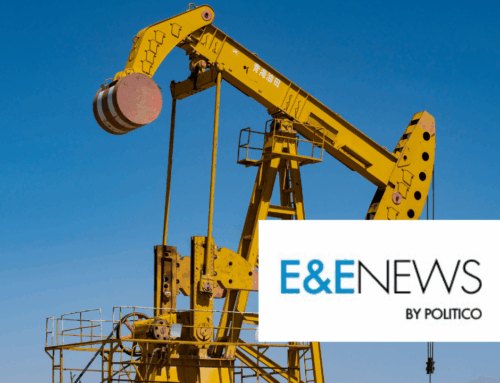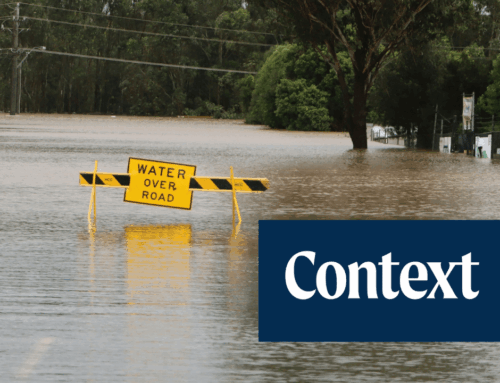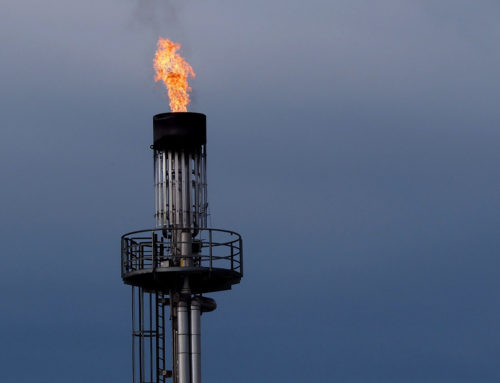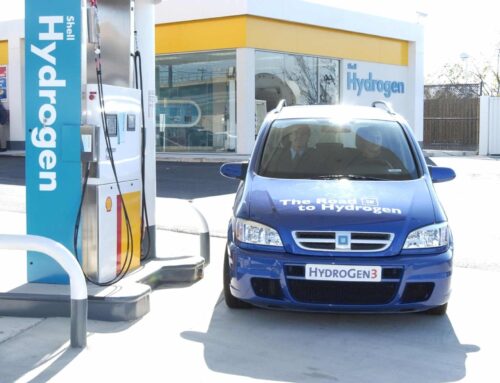The impacts of climate change are in the news nearly every day. In Colorado, residents are painfully familiar with record wildfires, drought and extreme weather events induced by our warming climate.
Decades ago, scientists warned that continued over-reliance on fossil fuels would accelerate the process of global warming — or climate change, making extreme weather events more common and jeopardizing our economy and way of life.
They were right.
Now, the president and corporate leaders are working to reduce greenhouse gases, and reduce future catastrophic disasters.
Meanwhile, cities, counties and states around the country have already been left holding the bag to pay for costly remediation due to climate change, while the largest drivers — oil and gas companies — avoid paying for the harm they’ve caused.
Some of these jurisdictions are filing lawsuits against the largest oil and gas companies to recoup some of the costs of these climate-induced damages or mitigation measures.
Does this scenario sound familiar?
It is reminiscent of how states sued tobacco companies and opioid manufacturers for hiding the health dangers of their products.
Like the tobacco industry, the oil and gas industry shielded the public from its knowledge of the harmful consequences of its products. In fact, the industry has been aware of the climate risks of its carbon emissions for more than a half-century, since the mid-1960s.
Common sense and protection of the public must be the criteria for decision-making of elected officials. We, as a nation, have adhered to the dictum, “the polluter shall pay.” Therefore litigation is a responsible tool for city leaders to use — because they were elected to protect their taxpayers. It is our elected officials’ responsibility to act in the “public interest”…not the “special interest.”
We must ask ourselves tough questions: How do we as a nation tackle these increasing climate-related costs and stop them from getting worse?
The national growth in the cost of disasters attributable to climate change in recent decades is staggering: Presidential disaster declarations (which trigger the flow of federal funds) have tripled since the 1960s, while the federal flood insurance program has borrowed roughly $40 billion since 2005.
Meanwhile the profits of the oil and gas industries have skyrocketed. They’re laughing all the way to the bank!
The fossil fuel industries have dodged their collective responsibility to address the mounting costs of climate change. One need only recall the mining industries that abandoned their mines, resulting in polluted waterways and communities, or coal companies that removed mountaintops, only to erode topsoil and flood neighboring communities of their underpaid or under-protected workers.
Instead of clean-up payments, the industry hired teams of high-priced PR specialists to craft a strategy to shield itself from its financial responsibility. Sponsoring a high school football team, or building a community park, does not a responsible industry make!
One hundred investor- and state-owned multinational fossil-fuel companies are responsible for around 70 percent of the world’s historical greenhouse gas emissions.
These companies should be held accountable for their actions.
After taxpayers subsidizing the fossil fuel industry for more than 100 years, it is now time for the industry to take responsibility, and for our government leaders to turn to them — the polluter — not the taxpayer, to foot the bill for climate mitigation.
It is past time to hold the industry financially accountable and stop using taxpayer funds to cover its liabilities.
Claudine Schneider served as a Republican member of Congress from 1981 to 1991. She introduced the nation’s first comprehensive, revenue-neutral, climate legislation, the Global Warming Prevention Act of 1989, which had over 140 bipartisan cosponsors. A 25-year Colorado resident, she has been actively involved in climate mitigation and serves on the board of Taxpayers for Common Sense.










